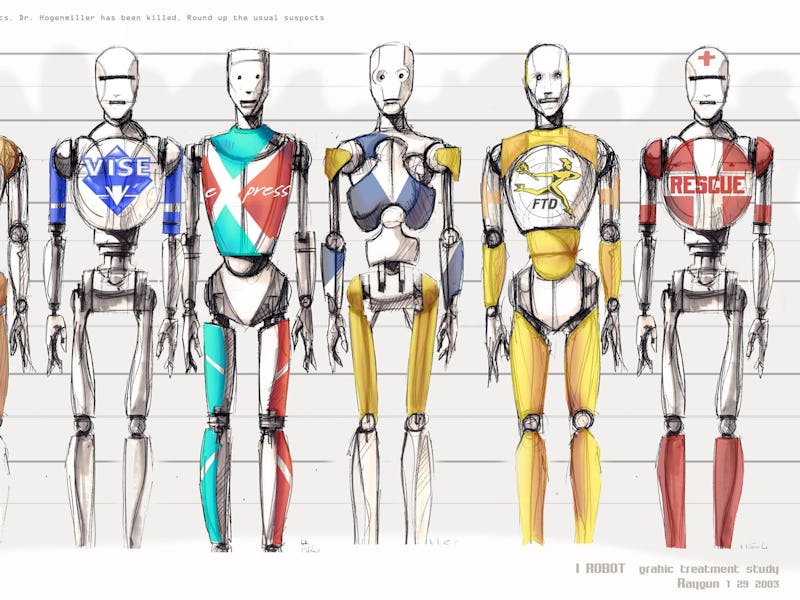"Robots" Picket Streets of Switzerland to Get Free Basic Income for All Citizens
The age of automation is upon us. Will our lifestyles reflect the change?

In Zurich, robots are protesting in the streets.
Yes, you read that right. And it’s sort of true. The cardboard-and-tin-foil garbed human picketers are masquerading as robots and demanding flesh-and-blood citizens in Switzerland be privileged with an unconditional basic income. No matter who you are or what you do, these “robots” are arguing that humans deserve to have their basic needs met in the form of a government-issued check. That check, the ‘bots argue, should read about $2,600. Per month.
These robot-costumed, but otherwise presumably normal, working-class Swiss humans would like to see Switzerland become the first nation in the world to offer citizens a basic, flat income. In June, the central European country will vote on this measure. Advocates, of which there are reportedly few — about a quarter of the population — argue that people will still work. They’re basing this assumption on a national survey, which suggested that only two percent of basic-income beneficiaries would willingly stop working. (An additional eight percent of the population would consider stopping work.)
This amount — $2,600 — is not arbitrary. It’s an “amount high enough for people to live off in dignity.” Under the proposal, each child would receive $650, too. Daniel Straub, one of the five quote-unquote intellectuals behind the initiative, has been working to bring about the change to a guaranteed income for a few years. He’s aware that it won’t happen overnight, and it may not happen on this vote, but he’s unperturbed.
Why, then, did these protesters build cardboard robot suits and take to the streets? To pound home the point that we’re living in a futuristic world. Automated systems can do much of the work over which humans have customarily exhausted themselves. In 2013, Straub explained his rationale to Business Insider: “We are living in a time where machines do a lot of the manual labor – that is great — we should be celebrating.”
It was then, in 2013, that this proposal first found its footing. Over 100,000 citizens signed a petition to force a vote. After that petition passed, activists dumped 8 million five-rappen coins — one for each resident — in front of the Swiss Parliament. Now, almost three years later, the vote will take place.
Here’s Enno Schmidt, the movement’s co-founder:
Reports suggest that this June vote is expected to fail. Humans will return to their drudgery, and robots will continue to pick up their slack. But every radical idea needs a first hearing. And in the interim, robots are just going to get better and better at our jobs.